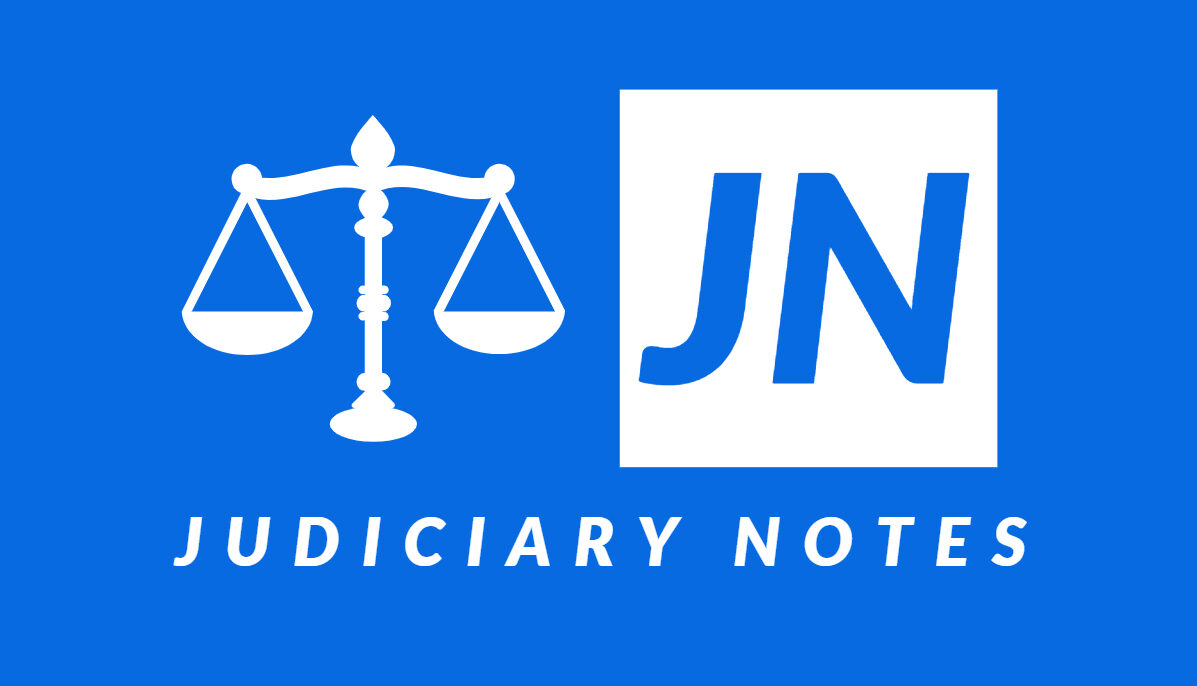Defamation IPC : Defamation is a civil wrong, which is defined as the publication of a statement that tends to injure the reputation of another person. It is a common law offense that is recognized and punishable under the Indian Penal Code (IPC), Section 499.
Section 499 of IPC defines defamation as:
“Whoever, by words either spoken or intended to be read, or written, or by signs or by visible representations, or by any other means whatsoever, shall make or publish any imputation concerning the character of another person, intending to injure or knowing or having reason to believe that it will injure the reputation of such person, shall be guilty of the offence of defamation.”
Types of Defamation:
1. Libel: Libel is a written form of defamation, which can include written statements, printed materials, or electronic communications.
2. Slander: Slander is a spoken form of defamation, which includes spoken words or statements.
Elements of Defamation:
1. Publication: The statement must be published to someone else, either orally or in writing.
2. Identification: The statement must identify the person being defamed.
3. Damage: The statement must cause damage to the person’s reputation.
4. Intent: The person making the statement must intend to cause harm or know that it will cause harm.
Defenses to Defamation:
1. Truth: The defendant can claim that the statement is true and that it is made in good faith.
2. Privilege: The defendant can claim that the statement is privileged, such as a fair and accurate report of a public proceeding.
3. Fair Comment: The defendant can claim that the statement is a fair and accurate comment on a matter of public interest.
Recent Case Laws:
1. Ramanand v. State (2014): In this case, the Supreme Court held that even if the statement is not intended to cause harm, it can still be considered defamatory if it causes harm to the person’s reputation.
2. Shreya Singhal v. Union of India (2015): In this case, the Supreme Court held that the right to freedom of speech and expression under Article 19(1)(a) of the Constitution includes the right to criticize and criticize even if it is done in a harsh manner.
3. Kalyani v. Union of India (2019): In this case, the Supreme Court held that a statement made in a public interest litigation (PIL) cannot be considered defamatory if it is made in good faith and with an intention to bring about a change in the law or policy.
Recent Developments:
1. The Supreme Court has recently held that even if the statement is made on social media, it can still be considered defamatory if it causes harm to the person’s reputation.
2. The court has also held that anonymous comments on social media can be considered defamatory if they are made with knowledge and intention to cause harm.
3. The court has also emphasized the importance of fact-checking and verification of information before publishing it.
Explanation:
Defamation is a serious offense that can have severe consequences for individuals and organizations. It is important to understand the laws and regulations surrounding defamation to avoid any potential legal issues.
In recent times, there has been a rise in cases of defamation being filed against individuals and organizations for making statements on social media. This has led to concerns about freedom of speech and expression.
In this context, it is important to note that defamation is not just limited to written statements or printed materials. Oral statements can also be considered defamatory if they are made with intent to cause harm.
It is also important to note that not all statements are considered defamatory. A statement made in good faith and with an intention to bring about a change in the law or policy cannot be considered defamatory.
In conclusion, defamation is a serious offense that can have severe consequences for individuals and organizations. It is important to understand the laws and regulations surrounding defamation to avoid any potential legal issues.
In recent times, there has been a rise in cases of defamation being filed against individuals and organizations for making statements on social media. This has led to concerns about freedom of speech and expression.
In this context, it is important to note that defamation is not just limited to written statements or printed materials. Oral statements can also be considered defamatory if they are made with intent to cause harm.
It is also important to note that not all statements are considered defamatory. A statement made in good faith and with an intention to bring about a change in the law or policy cannot be considered defamatory.
In conclusion, defamation is a serious offense that can have severe consequences for individuals and organizations. It is important to understand the laws and regulations surrounding defamation


